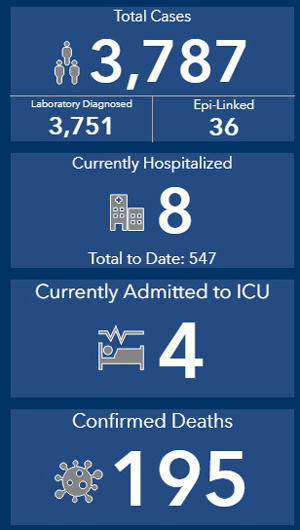
Tuesday August 4, 2020 ~ VANCOUVER ISLAND, BC [Updated 11:15 pm August 5, 2020]
by Mary P Brooke, B.Sc., editor | West Shore Voice News
Today four days’ of BC Centre for Disease Control statistics on COVID-19 cases were released all at once, following the BC Day long weekend.
There are now 3,787 test-positive cases of COVID-19 in BC (including epi-linked cases). There have been 195 confirmed deaths as a result of COVID-19 infection (but no new deaths over the long weekend).
People who have recovered from COVID-19 infection tally at 3,273; there is so far no tally on long-term health impacts in terms of multi-system/organ impact including the cardiovascular impacts that are already recognized.
Age impact is shifting:
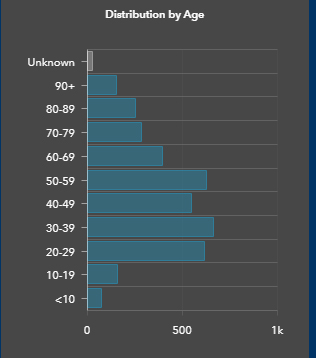
Among the 146 new cases of COVID-19 in BC over the past four days (Friday July 31 to mid-day August 4), no cases were seen in seniors or elders age 70 to 89 years. There was one new case in the 90+ age group.
The early-pandemic concerns about the virus most seriously affecting seniors and elders have subsided now (after most of the deaths and infections in long-term care), with the evident impact of the virus turning now to those who are active in the community.
There were 46 cases (31.5%) in the 20-29 year age group. This is the ‘Z-Generation’ youth among whom are the leaders we need to reshape the world in the post-COVID era.
The middle-age groups (30 to 59) together saw an increase of 69 cases in the last four days (47.2%). This is the mainstream working age group upon which society presently depends for tax revenue.
Among children and teens, the new-case tally was 25 in the past four days (10 cases among children under age 10, and 15 cases in the 10-19 age group). These are notable numbers only five weeks ahead of the declared ‘return-to-school’ that the BC government has set for September 8.
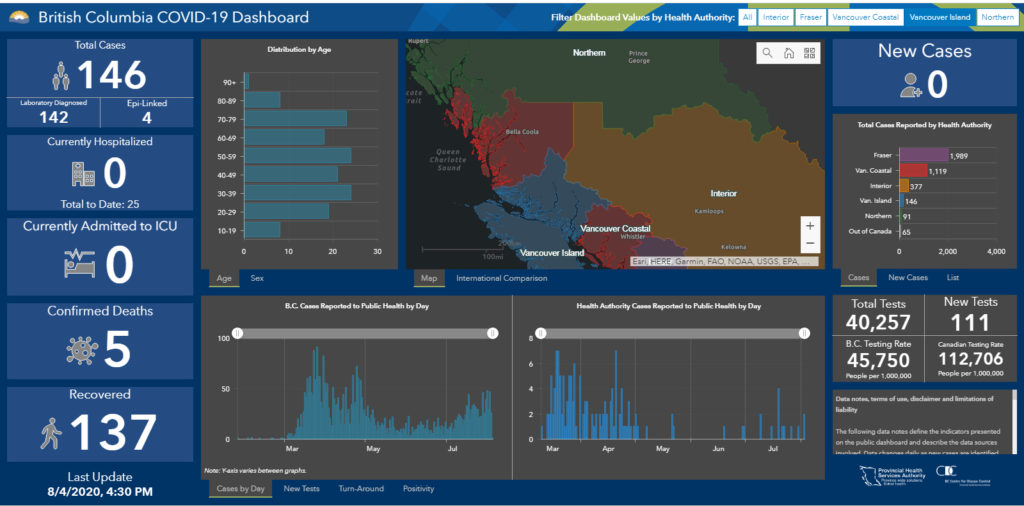
Among seniors in the generally active age grouping of 60 to 69 years, there were just two cases.
Sending kids back to school, or not:
As back-to-school approaches on September 8, awareness of today’s strident case increase (average of 37.5 cases per day) is contributing to greater concern among many parents, caregivers, older members of families, and children.
The more that public health tells people about how COVID-19 is spread, most people realize there is no stopping this virus in any situation where it can gain the advantage. If a mask will help in businesses and community spaces, it seems odd to say they are not necessary in schools.
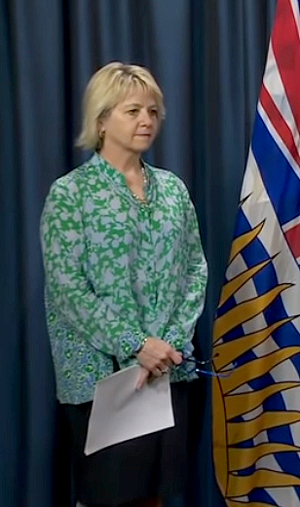
Unlike in Alberta where today their chief public health officer made mask-wearing mandatory for all youth in school in Grades 4 to 12 for this fall’s return to school, BC Provincial Health Officer Dr Bonnie Henry today was sticking to her guns about no masks required in school when children are seated (only required when in shared common areas).
Any parent knows that any child or youth — even with the best of intentions — is not going to sit like robot-like, looking straight forward at their desk at all times.
The expectation of minimal spread between persons in desks spaced-apart is probably more hopeful in support of facilitating public education, than it is realistic.
Perhaps no one really knows which approach to masks in schools is absolutely correct. But the fact that the two approaches (Alberta vs BC) are so starkly variant leads most people to really not know what to believe or follow. This, overall, is not helpful to the BC Government agenda for the September 2020 return to school.
For all the efforts and sacrifices made by individuals, families, businesses and entire industry sectors, this steady increase of cases over the summer (36.5 per day over the last four days) is becoming frustrating for many people, and worrisome for everyone ahead of return-to-school.
Every COVID virus is a bullet, looking for a target:

While it sounds like Dr Henry has listened hard to educators who say that “some children will never catch up” if they miss too much in-class schooling during the pandemic, how is that worse than the spread of COVID infection among students and families, and teachers/staff and their families?
Especially, if looking back (after a period of trial-and-error in September/October) that it would have made more sense to require masks and/or smaller learning groups?
The learning group sizes are presently set at 60 for elementary and middle school, and 120 for high school (group sizes include teachers, students, support staff and bus drivers).
Lifelong health impacts (and emotional impacts if infection is brought back home to families from school) could very well weigh heavier on the lifelong impact scale than missing some educational opportunities. A bit of additional catch-up schooling in the years ahead will – for some — be more feasible than serious illness, mental-health impacts, or death.
Education vs virus:
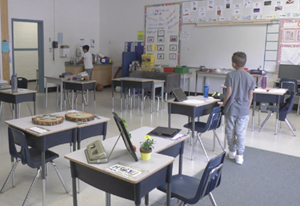
Absolutely, education is one of the most important public services in a civilized society. Indeed without the relativley high level of education among British Columbians, we would not have fared so well as a province so far during the pandemic
But trying to applying pre-COVID sensibilities to education (as to the expectation of uninterrupted learning) during an uncontrolled pandemic is idealistic and unrealistic. There is still no effective treatment or vaccine, as Dr Henry reminds the public every time she addresses the media.
How COVID-19 is spread in children and adults:
Recent data suggests that older children — ages 10 to 19 — don’t get as serious an episode of infection with COVID-19 as adults, but they can spread the virus just as readily as adults. Children younger than 10 don’t seem to spread it as much, as stated this week by Dr Anthony Fauci, director of the National Institute of Allergy and Infectious Diseases in the USA.
Fauci says there’s no question children have a lower risk of becoming seriously ill with COVID-19. The big question that needs to be studied is how readily younger kids spread it.
A recent study found evidence that very young children who are infected can have a high viral load in their nasal pharynx.
The tough call about back-to-school:
Most people who have children of their own will have a tough call on educational momentum vs not catching COVID. Look your children directly in the eye and the choice will become more clear for most parents and caregivers.
Noted, that some families may have no choice — parents must return to the workforce in order to financially support their families. This is a tough reality about income disparity that COVID-19 has shone a light on so very well.
The BC Ministry of Education provides learning alternatives, including learning remotely from home (as was done in June) especially if health circumstances of family or student require that, and full-on home-schooling.
Forever or for now:
As Dr Henry herself says, “this is not forever, but it is for now”. Swallowing a few months or years of educational setback is ‘for now’; it’s not desirable but it can be remedied in many ways with today’s technologies and educational flexibility. A serious health impact from a COVID-19 infection (especially any cases that are considered to be avoidable) can easily be ‘forever’.
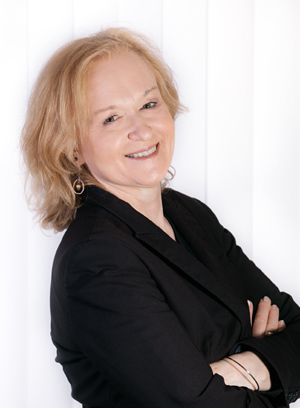
===== About the writer:
West Shore Voice News editor Mary P Brooke, B.Sc. has covered education news and SD62 at the board level since 2014. She is the mother of four grown children, all of whom have excelled in post-secondary studies.


